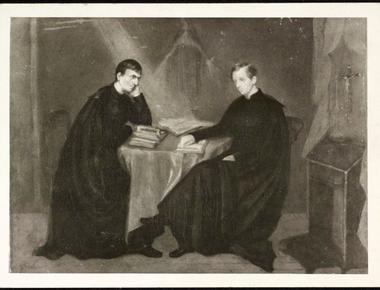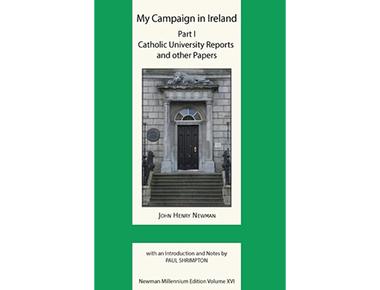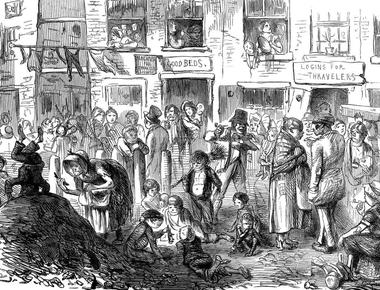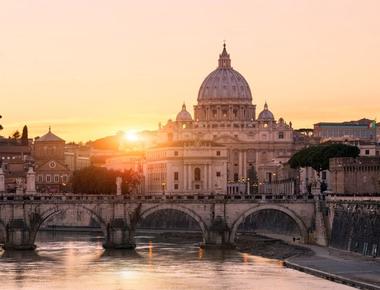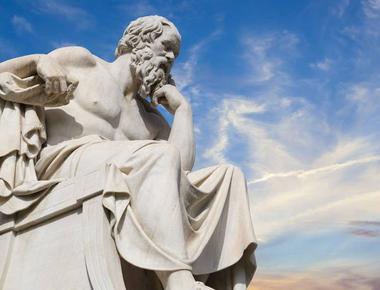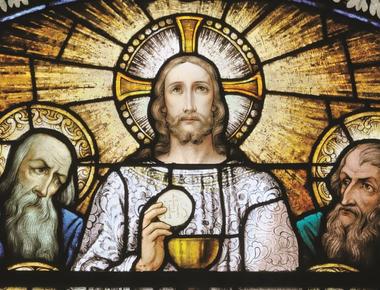
This article aims to understand why a defense of a corporeal, real presence of Christ in the sacrament was problematic in nineteenth-century England.
This article aims to understand why a defense of a corporeal, real presence of Christ in the sacrament was problematic in nineteenth-century England.
Tuninetti argues that at the College in Rome he eventually found, and was profoundly attracted by, what he had long been looking for: the opportunity to participate in the daily life of an established Catholic community—at a time when he was considering his own vocation within the Church of Rome.
The newest volume in the Birmingham Oratory’s Millennial Edition of Newman’s works published My Campaign Part I for the first time.
Newman ministered to the sick and dying cholera victims and their families in Oxford, Birmingham, and Bilston.
In 1846 Newman traveled to Rome a second time, specifically for his seminary studies in preparation for his ordination as a Catholic priest.
This article argues that Newman’s notion of a philosophical habit of mind can provide a helpful conceptual framework for navigating conversations about reading, appropriating, and extending his philosophical thought.
QUICK LINKS
